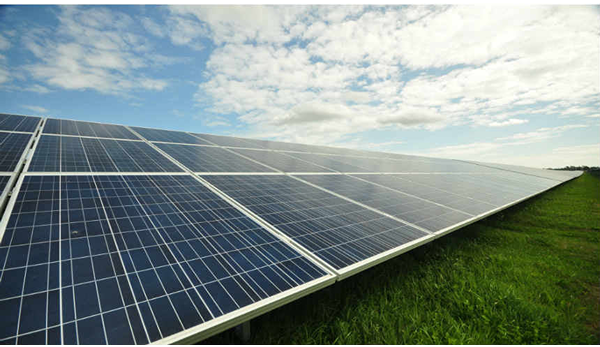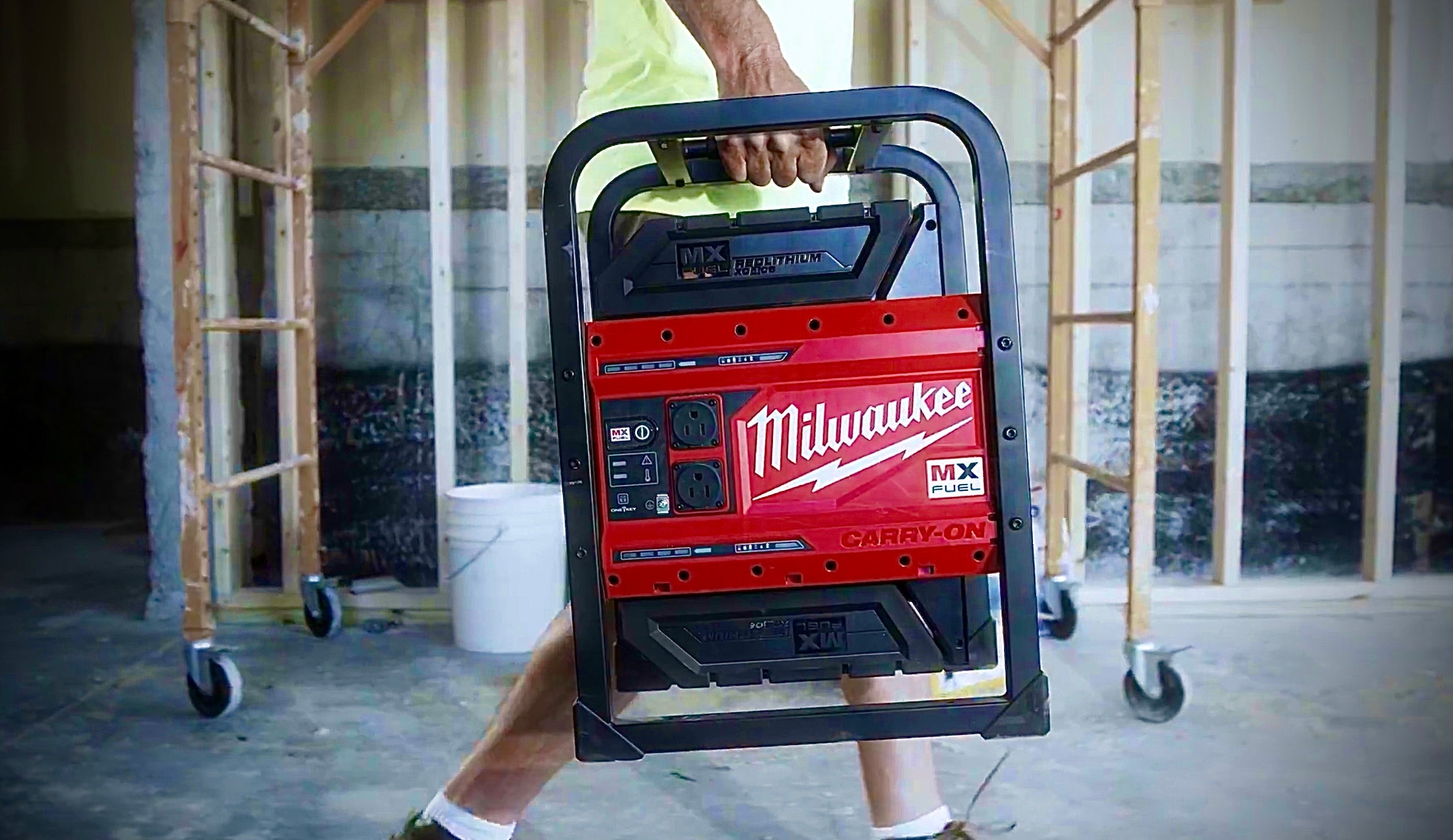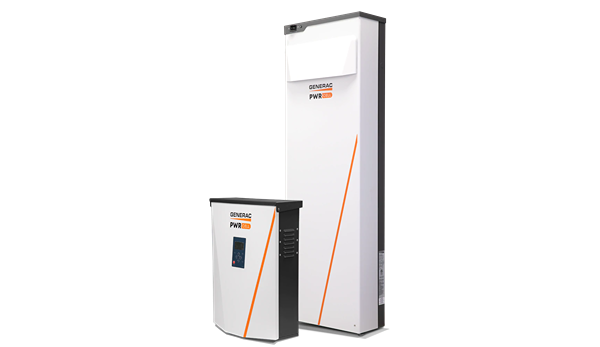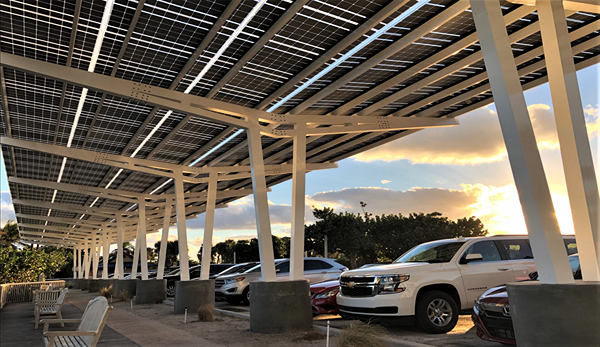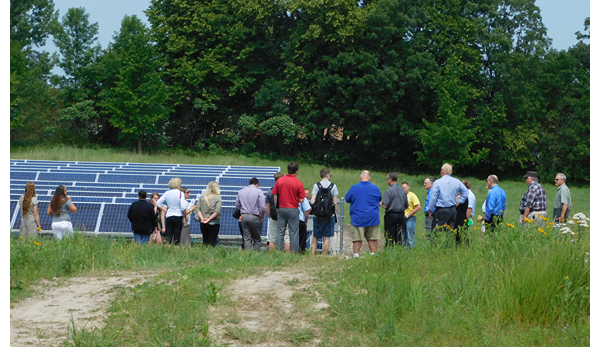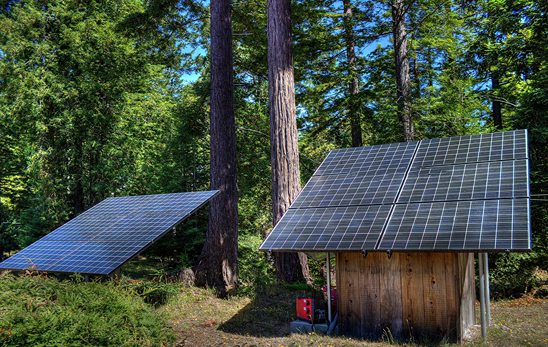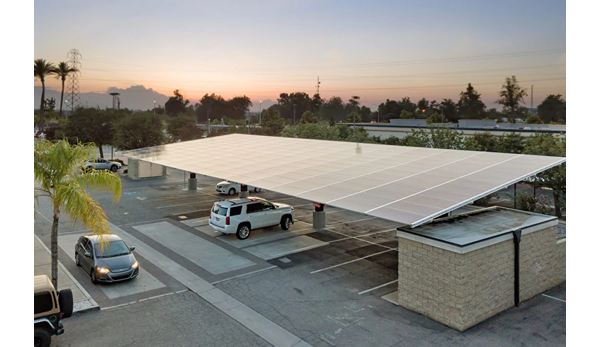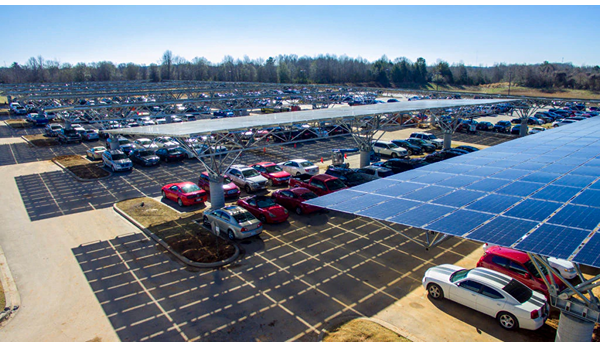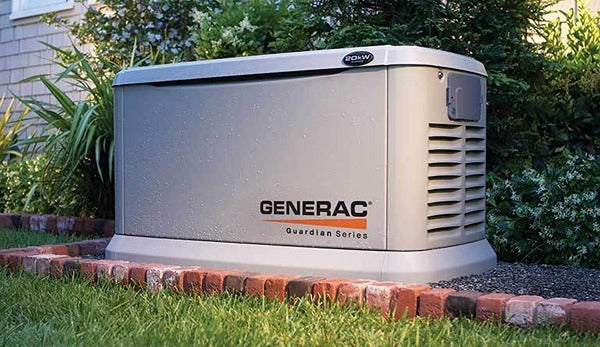
How to Win Grid Certified Solar Production
How to Win Grid Certified Solar Production
With energy production becoming increasingly vital in a world with a growing population and an ever-increasing demand for energy, it is becoming more important than ever to ensure that our energy production is as efficient and eco-friendly as possible. One way to achieve this is by implementing grid certified solar production. In this article, we will explore the different aspects of grid certified solar production and how to maximize it.
Importance of Grid Certified Solar Production
Grid certified solar production is crucial in reducing our carbon footprint and dependence on non-renewable energy sources. By producing clean energy, we can reduce the harmful effects of fossil fuels on the environment and our health. Furthermore, solar energy can help to reduce energy costs in the long term and increase the value of your property.
Benefits of Grid Certified Solar Production
The benefits of grid certified solar production are manifold. Firstly, it can help to reduce your energy costs in the long term. By producing your own energy, you can reduce your dependence on the grid and minimize your monthly energy bill. Additionally, solar energy is clean, renewable, and does not produce greenhouse gas emissions. By producing clean energy, you can reduce your carbon footprint and contribute to a more sustainable future.
Overview of the Article
This article will provide a comprehensive guide on how to win grid certified solar production. We will explore the different aspects of grid certified solar production, including understanding grid certification, factors affecting grid certified solar production, choosing the right solar panel, and installing and maintaining grid certified solar panels.
Understanding Grid Certified Solar Production
Definition of Grid Certified Solar Production
Grid certified solar production refers to the process of producing solar energy and feeding it back into the grid. The energy produced is measured and verified by a certification body to ensure that it meets the requirements for grid connection.
How Grid Certification Works
To become grid certified, solar energy producers must undergo a certification process to ensure that their energy production meets the required standards. This involves an assessment of the solar panels, inverters, and other equipment used in the production process. Once certified, solar energy producers can feed their energy back into the grid and receive credits for the energy produced.
Eligibility Requirements for Grid Certification
To be eligible for grid certification, solar energy producers must meet certain criteria. This includes having solar panels that are certified by a recognized certification body, using inverters that are certified for grid connection, and ensuring that the installation is compliant with local regulations and standards.
Factors Affecting Grid Certified Solar Production
Geographical Location
The location of your solar panels can have a significant impact on the amount of energy produced. Solar panels located in areas with high levels of sunlight will produce more energy than those located in areas with less sunlight.
Weather Conditions
Weather conditions such as rain, clouds, and extreme temperatures can also affect the amount of energy produced by solar panels. Extreme temperatures can cause solar panels to overheat and reduce their efficiency.
Solar Panel Orientation
The orientation of your solar panels can also affect the amount of energy produced. Solar panels should ideally be facing south in the northern hemisphere and north in the southern hemisphere to receive maximum sunlight.
Type of Solar Panel
The type of solar panel used can also affect the amount of energy produced. Monocrystalline solar panels are more efficient than polycrystalline solar panels, but they are also more expensive.
Maintenance and Cleaning
Regular maintenance and cleaning of solar panels can help to ensure that they are working at maximum efficiency. Dirt, debris, and other obstructions can reduce the amount of sunlight that reaches the solar panel, reducing its efficiency.
Choosing the Right Solar Panel for Grid Certified Solar Production
Monocrystalline vs Polycrystalline Solar Panels
Monocrystalline solar panels are more efficient than polycrystalline solar panels, but they are also more expensive. Polycrystalline solar panels are less efficient but are more cost-effective. It is important to consider your budget and energy needs when choosing between these two options.
Efficiency and Power Output
Efficiency and power output are important factors to consider when choosing a solar panel. The efficiency of a solar panel refers to the amount of sunlight it can convert into electricity. The power output is the maximum amount of electricity a solar panel can produce under ideal conditions.
Durability and Lifespan
The durability and lifespan of a solar panel are also important factors to consider. Solar panels are designed to withstand extreme weather conditions and should have a long lifespan of up to 25-30 years.
Cost and Warranty
Cost is an important factor to consider when choosing a solar panel. The cost of solar panels can vary depending on the type, efficiency, and power output. It is important to consider the long-term benefits of investing in high-quality solar panels. Additionally, it is important to choose a solar panel with a warranty to ensure that you are protected against any defects or malfunctions.
Installing and Maintaining Grid Certified Solar Panels
Finding the Right Solar Panel Installer
It is important to find a reputable and experienced solar panel installer to ensure that your solar panels are installed correctly and safely. Research local installers, read reviews, and ask for recommendations from friends and family.
Solar Panel Installation Process
The installation process of solar panels can vary depending on the type and size of the installation. Generally, the installation process involves assessing the location, designing the system, obtaining permits, installing the panels, and connecting the system to the grid.
Monitoring Solar Panel Performance
Monitoring the performance of your solar panels is important to ensure that they are working at maximum efficiency. This can be done through monitoring software or regular manual checks.
Solar Panel Maintenance Tips
Regular maintenance and cleaning of your solar panels can help to ensure that they are working at maximum efficiency. It is important to keep them free from dirt, debris, and other obstructions. Additionally, it is important to have your solar panels inspected by a professional every few years to ensure that they are working correctly.
Maximizing Grid Certified Solar Production
Solar energy has become an increasingly popular choice for homeowners and businesses alike. Not only is it an eco-friendly alternative to traditional energy sources, but it can also provide significant financial benefits. In this article, we will explore some of the ways to maximize grid certified solar production to increase the energy output and financial savings.
Net Metering
Net metering is a billing system that allows homeowners and businesses to receive credit for excess solar energy they produce. The excess energy is sent back to the grid, and homeowners can use the credits to offset their electricity bills when they consume more energy than they produce. Net metering is an excellent way to maximize solar production and reduce energy costs.
Time of Use Rates
Time of use rates is another billing system that can help maximize grid certified solar production. With time of use rates, electricity prices are lower during off-peak hours, such as early morning and late evening. Homeowners can use their solar energy during these times to reduce energy costs and receive credits for excess energy produced during peak hours.
Energy Storage Systems
Energy storage systems are becoming increasingly popular as a way to maximize solar production. These systems allow homeowners to store excess solar energy for later use. Energy storage systems can be especially useful during power outages, providing a reliable source of electricity when the grid is down.
Energy Efficiency Measures
Energy efficiency measures can also help maximize grid certified solar production. Simple changes such as replacing incandescent light bulbs with energy-efficient LED bulbs, upgrading to energy-efficient appliances, and properly insulating your home can all reduce energy consumption and increase the effectiveness of your solar panels.
Financial Benefits of Grid Certified Solar Production
Tax Credits and Rebates
Tax credits and rebates are available to homeowners and businesses that install solar panels. The federal government provides a tax credit of up to 26% of the cost of solar panel installation. Additionally, many states and local governments offer rebates and incentives for solar panel installation.
Solar Renewable Energy Credits
Solar renewable energy credits (SRECs) are a way for homeowners and businesses to earn money for their solar energy production. SRECs are certificates that represent the environmental benefits of solar energy production. They can be sold to utility companies, providing an additional source of income for solar panel owners.
Return on Investment
Investing in grid certified solar production can provide a significant return on investment. Solar panels can pay for themselves in as little as 5-7 years, providing energy cost savings for many years to come. Additionally, solar panels can increase the value of your home, providing a long-term financial benefit.
Common Grid Certified Solar Production Mistakes
Choosing the Wrong Solar Panel
Choosing the wrong solar panel can have a significant impact on energy production and financial savings. Homeowners should consider factors such as panel efficiency, power output, durability, and cost when choosing a solar panel.
Improper Solar Panel Installation
Improper installation can also have a significant impact on solar panel performance. Homeowners should choose a reputable and experienced installer and ensure that their panels are installed correctly and safely.
Neglecting Solar Panel Maintenance
Neglecting solar panel maintenance can reduce the effectiveness of solar panels and reduce financial savings. Homeowners should regularly clean their panels, monitor their performance, and have them inspected by a professional to ensure that they are working correctly.
Inefficient Energy Use
Inefficient energy use can reduce the effectiveness of solar panels and reduce financial savings. Homeowners should consider energy-efficient appliances, lighting, and insulation to reduce energy consumption and maximize solar production.
Conclusion
Maximizing grid certified solar production can provide significant financial savings and contribute to a more sustainable future. By utilizing strategies such as net metering, time of use rates, energy storage systems, and energy efficiency measures, homeowners and businesses can maximize the effectiveness of their solar panels
Grid certified solar production is an effective and eco-friendly way to produce energy and reduce your carbon footprint. By understanding the different aspects of grid certified solar production, you can choose the right solar panels and ensure that they are installed and maintained correctly. With the right knowledge and resources, you can maximize your solar energy production and contribute to a more sustainable future.



